A Nurse Has Heart Attack And Describes What She Felt Like When Having One
A nurse has heart attack and describes what she felt like when having one

I am an ER nurse and this is the best description of this event that I have ever heard.
FEMALE HEART ATTACKS
I was aware that female heart attacks are different, but this is description is so incredibly visceral that I feel like I have an entire new understanding of what it feels like to be living the symptoms on the inside. Women rarely have the same dramatic symptoms that men have… you know, the sudden stabbing pain in the chest, the cold sweat, grabbing the chest & dropping to the floor the we see in movies. Here is the story of one woman’s experience with a heart attack:
"I had a heart attack at about 10:30 PM with NO prior exertion, NO prior emotional trauma that one would suspect might have brought it on. I was sitting all snugly & warm on a cold evening, with my purring cat in my lap, reading an interesting story my friend had sent me, and actually thinking, ‘A-A-h, this is the life, all cozy and warm in my soft, cushy Lazy Boy with my feet propped up. A moment later, I felt that awful sensation of indigestion, when you’ve been in a hurry and grabbed a bite of sandwich and washed it down with a dash of water, and that hurried bite seems to feel like you’ve swallowed a golf ball going down the esophagus in slow motion and it is most uncomfortable. You realize you shouldn’t have gulped it down so fast and needed to chew it more thoroughly and this time drink a glass of water to hasten its progress down to the stomach. This was my initial sensation–the only trouble was that I hadn’t taken a bite of anything since about 5:00 p.m.
After it seemed to subside, the next sensation was like little squeezing motions that seemed to be racing up my SPINE (hind-sight, it was probably my aorta spasms), gaining speed as they continued racing up and under my sternum (breast bone, where one presses rhythmically when administering CPR). This fascinating process continued on into my throat and branched out into both jaws. ‘AHA!! NOW I stopped puzzling about what was happening – we all have read and/or heard about pain in the jaws being one of the signals of an MI happening, haven’t we? I said aloud to myself and the cat, Dear God, I think I’m having a heart attack! I lowered the foot rest dumping the cat from my lap, started to take a step and fell on the floor instead. I thought to myself, If this is a heart attack, I shouldn’t be walking into the next room where the phone is or anywhere else… but, on the other hand, if I don’t, nobody will know that I need help, and if I wait any longer I may not be able to get up in a moment.
I pulled myself up with the arms of the chair, walked slowly into the next room and dialed the Paramedics… I told her I thought I was having a heart attack due to the pressure building under the sternum and radiating into my jaws. I didn’t feel hysterical or afraid, just stating the facts. She said she was sending the Paramedics over immediately, asked if the front door was near to me, and if so, to un-bolt the door and then lie down on the floor where they could see me when they came in. I unlocked the door and then laid down on the floor as instructed and lost consciousness, as I don’t remember the medics coming in, their examination, lifting me onto a gurney or getting me into their ambulance, or hearing the call they made to St. Jude ER on the way, but I did briefly awaken when we arrived and saw that the radiologist was already there in his surgical blues and cap, helping the medics pull my stretcher out of the ambulance. He was bending over me asking questions (probably something like ‘Have you taken any medications?’) but I couldn’t make my mind interpret what he was saying, or form an answer, and nodded off again, not waking up until the Cardiologist and partner had already threaded the teeny angiogram balloon up my femoral artery into the aorta and into my heart where they installed 2 side by side stints to hold open my right coronary artery.
I know it sounds like all my thinking and actions at home must have taken at least 20-30 minutes before calling the paramedics, but actually it took perhaps 4-5 minutes before the call, and both the fire station and St Jude are only minutes away from my home, and my Cardiologist was already to go to the OR in his scrubs and get going on restarting my heart (which had stopped somewhere between my arrival and the procedure) and installing the stents. Why have I written all of this to you with so much detail? Because I want all of you who are so important in my life to know what I learned first hand.
1. Be aware that something very different is happening in your body, not the usual men’s symptoms but inexplicable things happening (until my sternum and jaws got into the act). It is said that many more women than men die of their first (and last) MI because they didn’t know they were having one and commonly mistake it as indigestion, take some Maalox or other anti-heartburn preparation and go to bed, hoping they’ll feel better in the morning when they wake up… which doesn’t happen. My female friends, your symptoms might not be exactly like mine, so I advise you to call the Paramedics if ANYTHING is unpleasantly happening that you’ve not felt before. It is better to have a ‘false alarm’ visitation than to risk your life guessing what it might be! 2. Note that I said ‘Call the Paramedics.’ And if you can take an aspirin. Ladies, TIME IS OF THE ESSENCE! Do NOT try to drive yourself to the ER - you are a hazard to others on the road. Do NOT have your panicked husband who will be speeding and looking anxiously at what’s happening with you instead of the road. Do NOT call your doctor – he doesn’t know where you live and if it’s at night you won’t reach him anyway, and if it’s daytime, his assistants (or answering service) will tell you to call the Paramedics. He doesn’t carry the equipment in his car that you need to be saved! The Paramedics do, principally OXYGEN that you need ASAP. Your Dr. will be notified later. 3. Don’t assume it couldn’t be a heart attack because you have a normal cholesterol count. Research has discovered that a cholesterol elevated reading is rarely the cause of an MI (unless it’s unbelievably high and/or accompanied by high blood pressure). MIs are usually caused by long-term stress and inflammation in the body, which dumps all sorts of deadly hormones into your system to sludge things up in there. Pain in the jaw can wake you from a sound sleep. Let’s be careful and be aware. The more we know the better chance we could survive to tell the tale.“
Reblog, repost, Facebook, tweet, pin, email, morse code, fucking carrier pigeon this to save a life! I wish I knew who the author was. I’m definitely not the OP, actually think it might be an old chain email or even letter from back in the day. The version I saw floating around Facebook ended with “my cardiologist says mail this to 10 friends, maybe you’ll save one!” And knew this was way too interesting not to pass on.
More Posts from Drtanyasinghsworld and Others

























$1050000/5 br/6100 sq ft
Lakewood, OH
built in 1973
at 17 or even 32, nobody is worth stressing over, like move on, leave people behind, go find yourself, the world is yours, life goes on.
(via schnapsliebe)
Assertive Communication 🗣
Assertiveness
When communicating keep in mind your experiences, such as, feelings, thoughts, & behaviors might be differ from others.
Thoughts and emotions if not handled properly can get in the way off effective communication.
It’s easy to misunderstand what the other person is communicating. We tend to react to what we think they are saying.
Types of Communication
Passive
Overview: those who communicate passively tend to be submissive and compliant. They don’t expresse their feelings or thoughts.
Consequences: give into others and don’t get what they want.
Aggressive
Overview: person will be demanding and hostile. They come of rude and insensitive. At times they can use intimidation to get what they want.
Consequences: upset others and becomes angry and resentful. People will distance themselves.
Passive-Aggressive
Overview: this type of person will say what others want to hear to evade conflicts, but at the same time they will feel anger and resentment.
Consequences: creates future problems for not following through what was established during communication.
Manipulator
Overview: here the person will make others feel guilty to obtain what they want. Other times the communicator will play the victim as well.
Consequences: upsets other people and loses their trust and respect.
Affirmative
Overview: this type of person has healthy communication. They express their needs and emotions in a direct, respectful and honest manner. They actively listen to others and take responsibility for what they say.
Consequences: good relationships and effective communication.
Tips on Assertive Communication
Be specific when speaking.
Use “I” statements.
Decribe what you heard and observed instead of judging.
Politely ask the other person what they understood. This helps prevent future misunderstandings.
Provide positive feedback.
State your limits and boundaries in the beginning.
Saying “No”
Saying “no” does not make you a bad person. There are ways of saying it respectfully, for example:
I’m sorry, but I can’t take on anything else at the moment.
I’m busy, maybe some other time.
I would love to, but I have too much on my plate right now.
At this very moment I can’t, but let me point you to the person who might be able to help.
Keep in mind these responses are enough. You do not need to further explain anything.
“I” Statements
These type of statements help communicate your thoughts and feelings without verbally attacking or acusong the other person. When we are upset we communicate defensively. For example:
Wrong: You can’t continue arriving late! You’re not considerate and completely disrespectful!
Correct: I become worried when you are late. I feel Iike you aren’t considering how I am feeling. How can we arrive to an agreement?
Be happy for no reason, like a child. If you are happy for a reason, you’re in trouble, because that reason can be taken from you.
Deepak Chopra (via commoncrooked)

Luxembourg City, Luxembourg





HELLO., GUYS, DO YOU KNOW CHINESE KUNG FU? IN CHINA, CHINESE PEOPLE HAVE TO TRAIN kUNG FU AT A VERY YOUNG AGE, THESE PICTURES ARE CUTE MONKS IN SHAO LIN TEMPLE.
LINK : http://www.icnbuys.com/blog/chinese-kung-fu-2/
“Words have power. Use them wisely.”
— Unknown

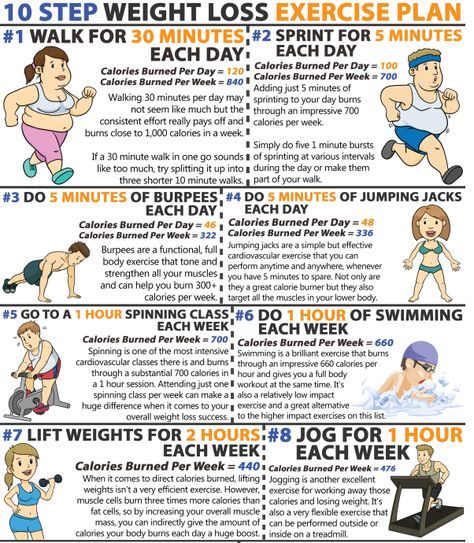
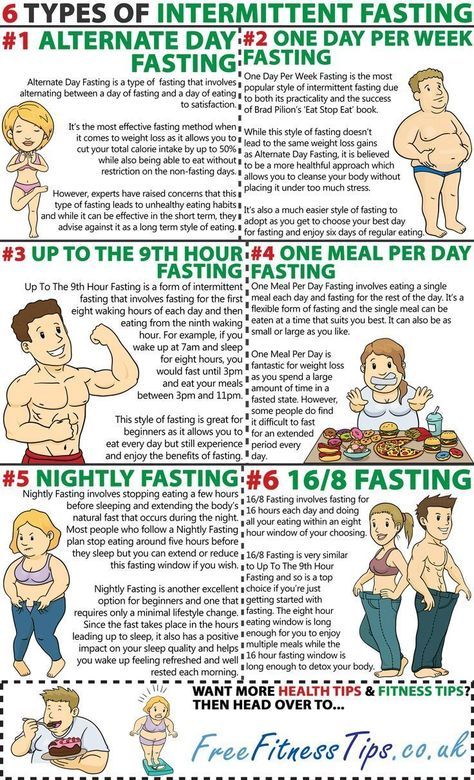
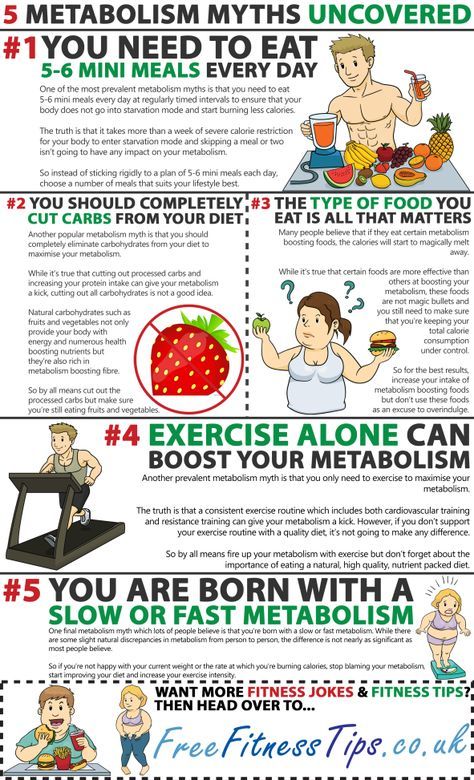
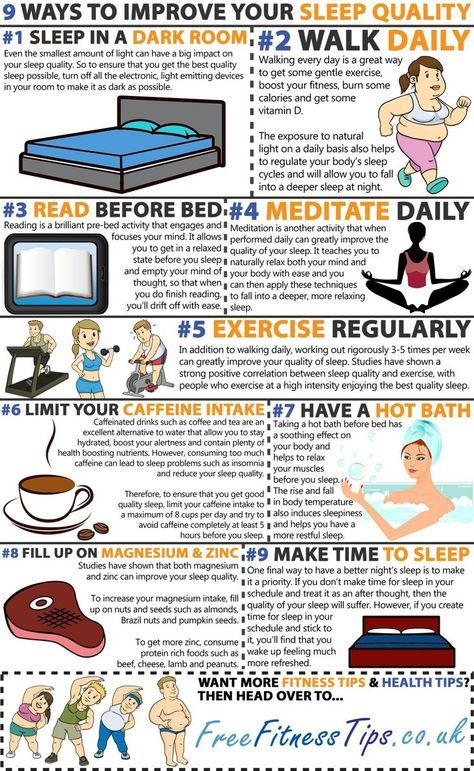
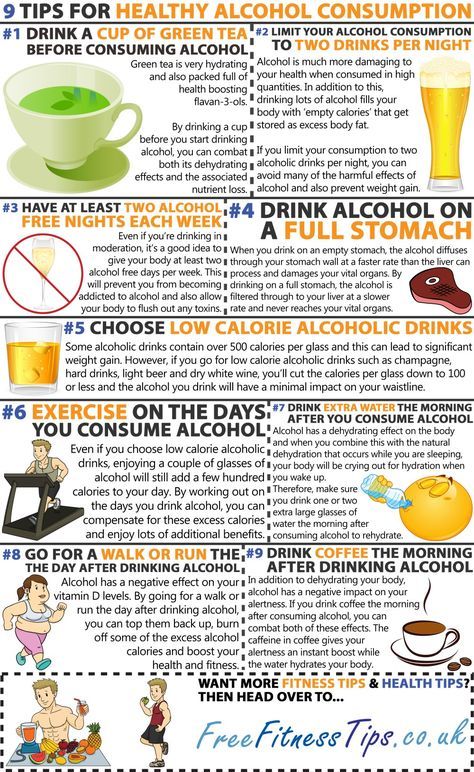
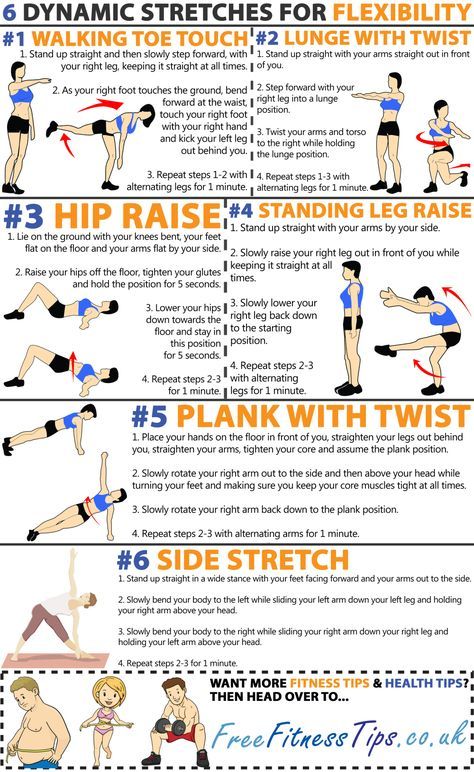
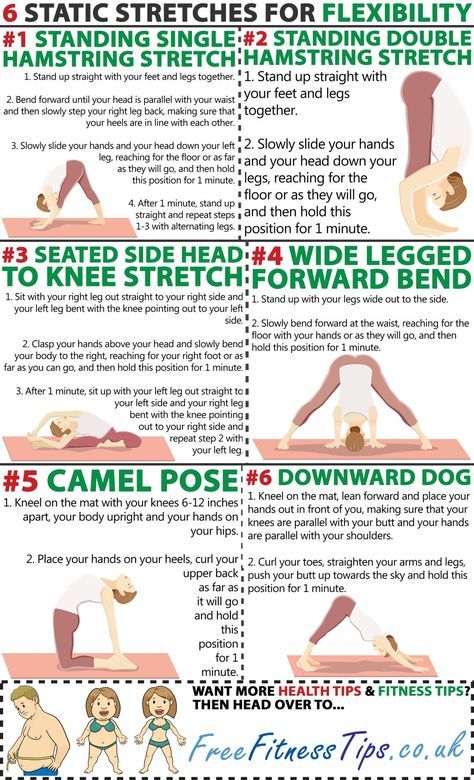

The one thing that separates a training programme from just an exercise programme. If you want to stay consistent with your workouts and get better results from your efforts, you need something to shoot for.
Professional Tai Chi Clothing on http://www.icnbuys.com/tai-chi-clothing-uniform
7 Extremely Common Forms of Verbal Abuse

Verbal abuse is touched on in the article “10 Red Flags of an Abusive Relationship.” For this article we hope to expand on that topic. One study found that 65% of the participants were victims of verbal abuse at some point in their life. Verbal abuse is one of the first forms of abuse within a relationship. It is important to understand that verbal abuse doesn’t stop at being told you are worthless or stupid. Some forms of verbal abuse can be sneaky, leaving the victim wondering if something really happened or if they are just overreacting. This list, from Psych2Go, hopes to shed some light on some of the more common forms of verbal abuse.
1. Belittling/criticizing
This form of abuse isn’t so sneaky, but it really can sting. Belittling is a way for the abuser to make the victim feel small or stupid, without specifically saying it. Belittling can come in the form of something known as jabs. Jabs are small comments meant to have a large emotional impact.
It’s so cute when you try to talk about something you’re clueless on
It’s best if you give up
Try not to take things so personally
As much as they try to sound caring, they are sarcastic remarks…
CONTINUE READING HERE
-
 doodle-bopper reblogged this · 4 weeks ago
doodle-bopper reblogged this · 4 weeks ago -
 doodle-bopper liked this · 4 weeks ago
doodle-bopper liked this · 4 weeks ago -
 jastrzwolvar liked this · 4 weeks ago
jastrzwolvar liked this · 4 weeks ago -
 lesbianfruitbat reblogged this · 4 weeks ago
lesbianfruitbat reblogged this · 4 weeks ago -
 lesbianfruitbat liked this · 4 weeks ago
lesbianfruitbat liked this · 4 weeks ago -
 maithesnail reblogged this · 4 weeks ago
maithesnail reblogged this · 4 weeks ago -
 maithesnail liked this · 4 weeks ago
maithesnail liked this · 4 weeks ago -
 vivificanousprime liked this · 4 weeks ago
vivificanousprime liked this · 4 weeks ago -
 aocean-21 reblogged this · 4 weeks ago
aocean-21 reblogged this · 4 weeks ago -
 ur-local-wolf-boy liked this · 4 weeks ago
ur-local-wolf-boy liked this · 4 weeks ago -
 default-f0x reblogged this · 4 weeks ago
default-f0x reblogged this · 4 weeks ago -
 default-f0x liked this · 4 weeks ago
default-f0x liked this · 4 weeks ago -
 dr-jorbius liked this · 4 weeks ago
dr-jorbius liked this · 4 weeks ago -
 frogwithastrawberry reblogged this · 4 weeks ago
frogwithastrawberry reblogged this · 4 weeks ago -
 frogwithastrawberry liked this · 4 weeks ago
frogwithastrawberry liked this · 4 weeks ago -
 kiku91 reblogged this · 4 weeks ago
kiku91 reblogged this · 4 weeks ago -
 phantommermaidqueen reblogged this · 4 weeks ago
phantommermaidqueen reblogged this · 4 weeks ago -
 phantommermaidqueen liked this · 4 weeks ago
phantommermaidqueen liked this · 4 weeks ago -
 iobsesswaytoomuch reblogged this · 4 weeks ago
iobsesswaytoomuch reblogged this · 4 weeks ago -
 iobsesswaytoomuch liked this · 4 weeks ago
iobsesswaytoomuch liked this · 4 weeks ago -
 genderfluidblob reblogged this · 4 weeks ago
genderfluidblob reblogged this · 4 weeks ago -
 chickenclan reblogged this · 4 weeks ago
chickenclan reblogged this · 4 weeks ago -
 chickenclan liked this · 4 weeks ago
chickenclan liked this · 4 weeks ago -
 destinywillowleaf reblogged this · 4 weeks ago
destinywillowleaf reblogged this · 4 weeks ago -
 tonystarkwasrobbed reblogged this · 4 weeks ago
tonystarkwasrobbed reblogged this · 4 weeks ago -
 tonystarkwasrobbed liked this · 4 weeks ago
tonystarkwasrobbed liked this · 4 weeks ago -
 rainbow-flavoured-skittles reblogged this · 4 weeks ago
rainbow-flavoured-skittles reblogged this · 4 weeks ago -
 fanficmaniatic reblogged this · 4 weeks ago
fanficmaniatic reblogged this · 4 weeks ago -
 spinningaroundofmythoughts reblogged this · 1 month ago
spinningaroundofmythoughts reblogged this · 1 month ago -
 spinningaroundofmythoughts liked this · 1 month ago
spinningaroundofmythoughts liked this · 1 month ago -
 navetpetit liked this · 1 month ago
navetpetit liked this · 1 month ago -
 need-coffee liked this · 1 month ago
need-coffee liked this · 1 month ago -
 redroses694 liked this · 1 month ago
redroses694 liked this · 1 month ago -
 elowhinn liked this · 1 month ago
elowhinn liked this · 1 month ago -
 amistakeofnature liked this · 1 month ago
amistakeofnature liked this · 1 month ago -
 avatar-mikazuki reblogged this · 1 month ago
avatar-mikazuki reblogged this · 1 month ago -
 warabito reblogged this · 1 month ago
warabito reblogged this · 1 month ago -
 warabito liked this · 1 month ago
warabito liked this · 1 month ago -
 avatar-mikazuki reblogged this · 1 month ago
avatar-mikazuki reblogged this · 1 month ago -
 googlepirates liked this · 1 month ago
googlepirates liked this · 1 month ago -
 doeprince-blog reblogged this · 1 month ago
doeprince-blog reblogged this · 1 month ago -
 doeprince-blog liked this · 1 month ago
doeprince-blog liked this · 1 month ago -
 lightninja38 reblogged this · 1 month ago
lightninja38 reblogged this · 1 month ago -
 women-with-powerful-auras reblogged this · 1 month ago
women-with-powerful-auras reblogged this · 1 month ago -
 garry34 liked this · 1 month ago
garry34 liked this · 1 month ago -
 kaija11 liked this · 1 month ago
kaija11 liked this · 1 month ago -
 tudorbarberbobthebarber reblogged this · 1 month ago
tudorbarberbobthebarber reblogged this · 1 month ago -
 vostrogp3 liked this · 2 months ago
vostrogp3 liked this · 2 months ago -
 silver-violet-moon reblogged this · 2 months ago
silver-violet-moon reblogged this · 2 months ago
